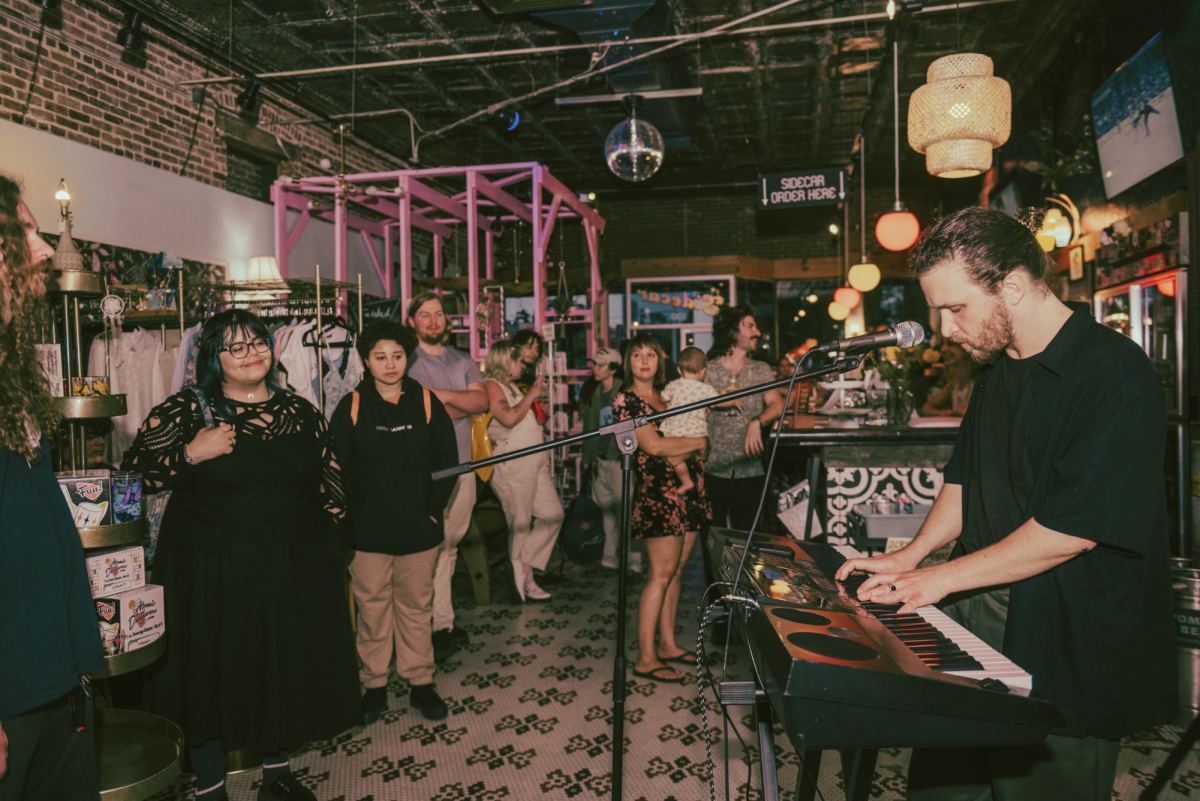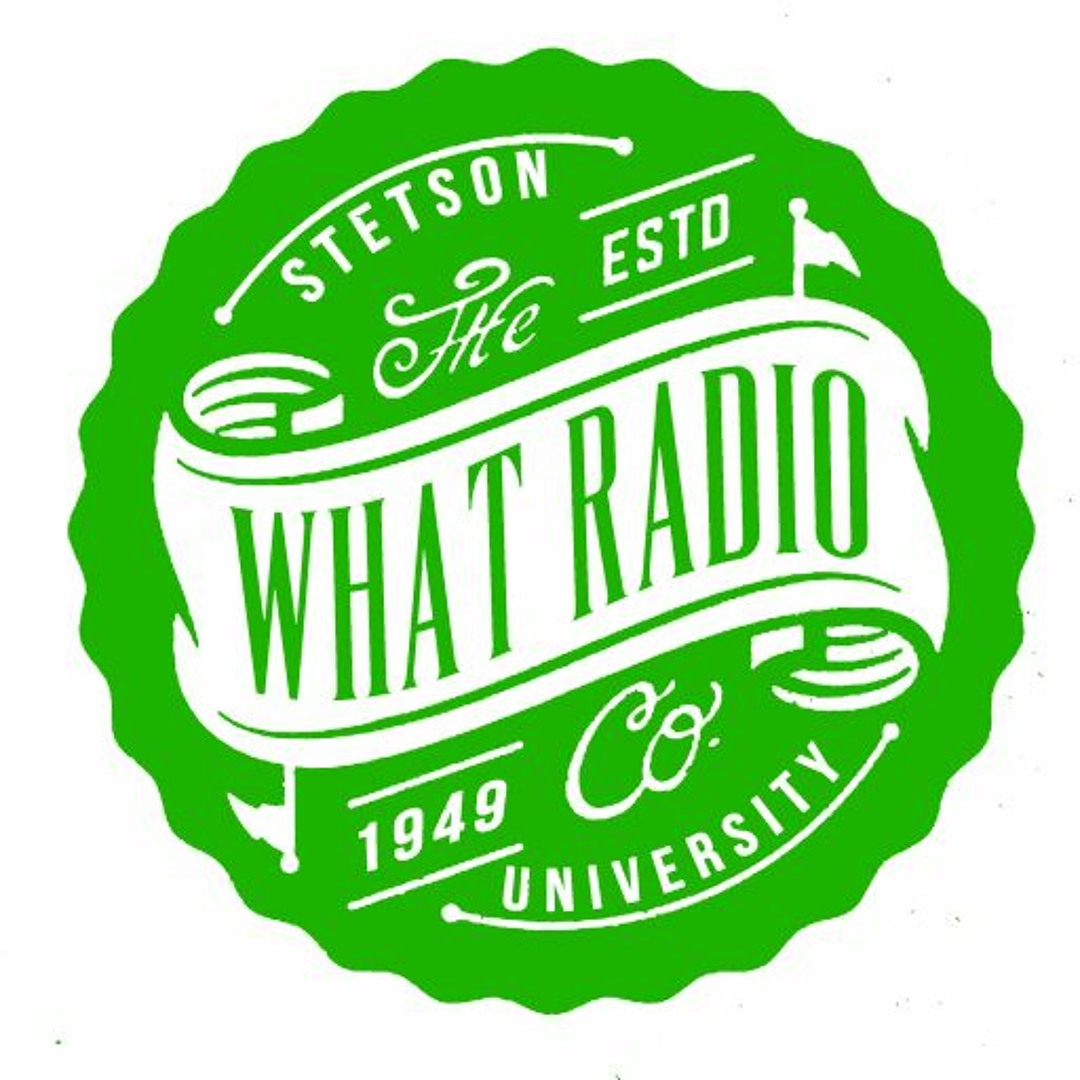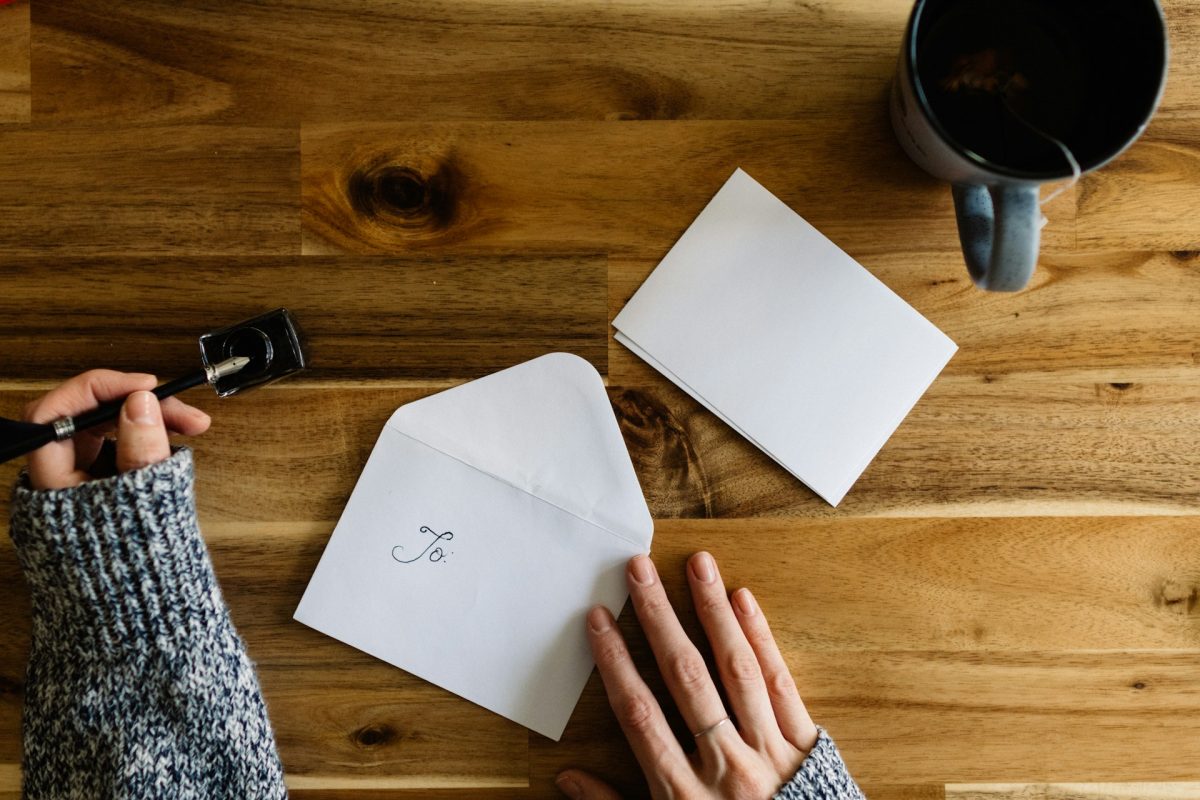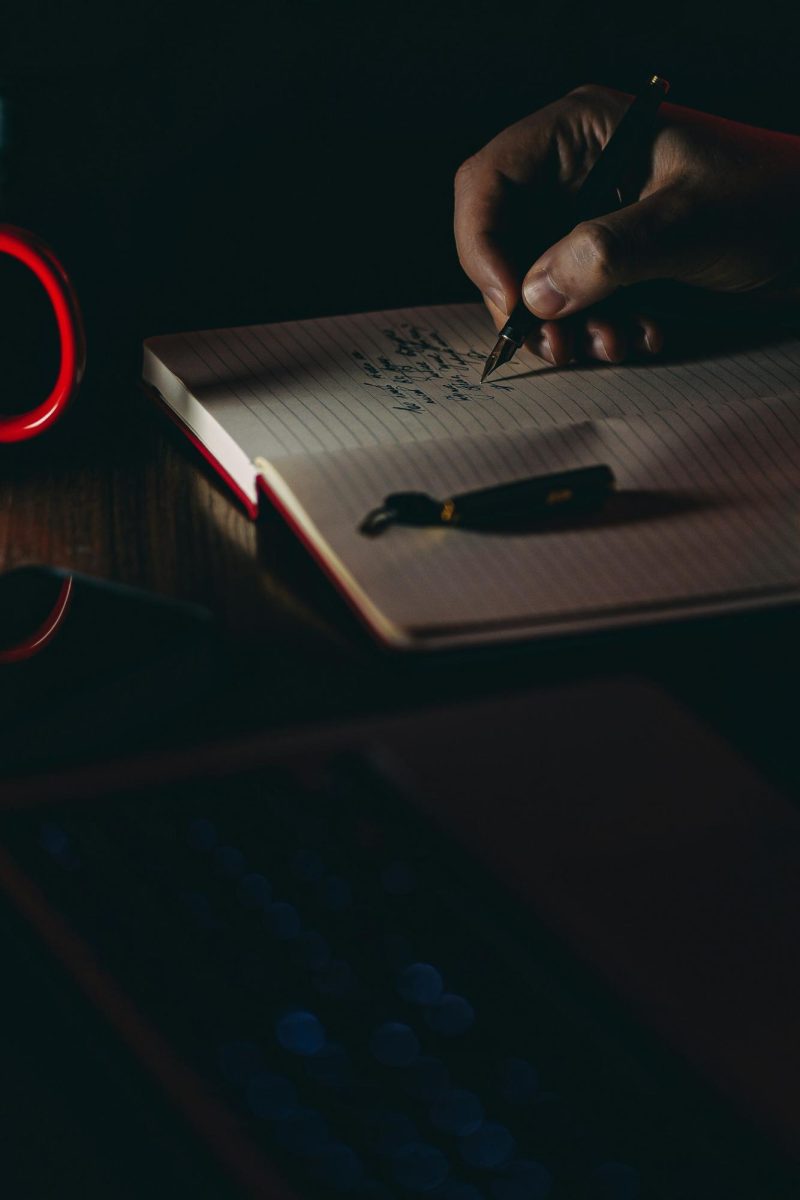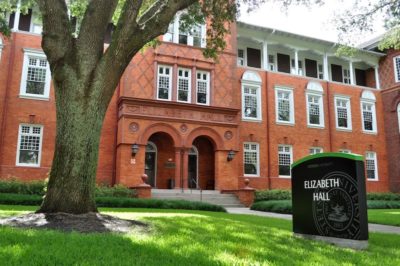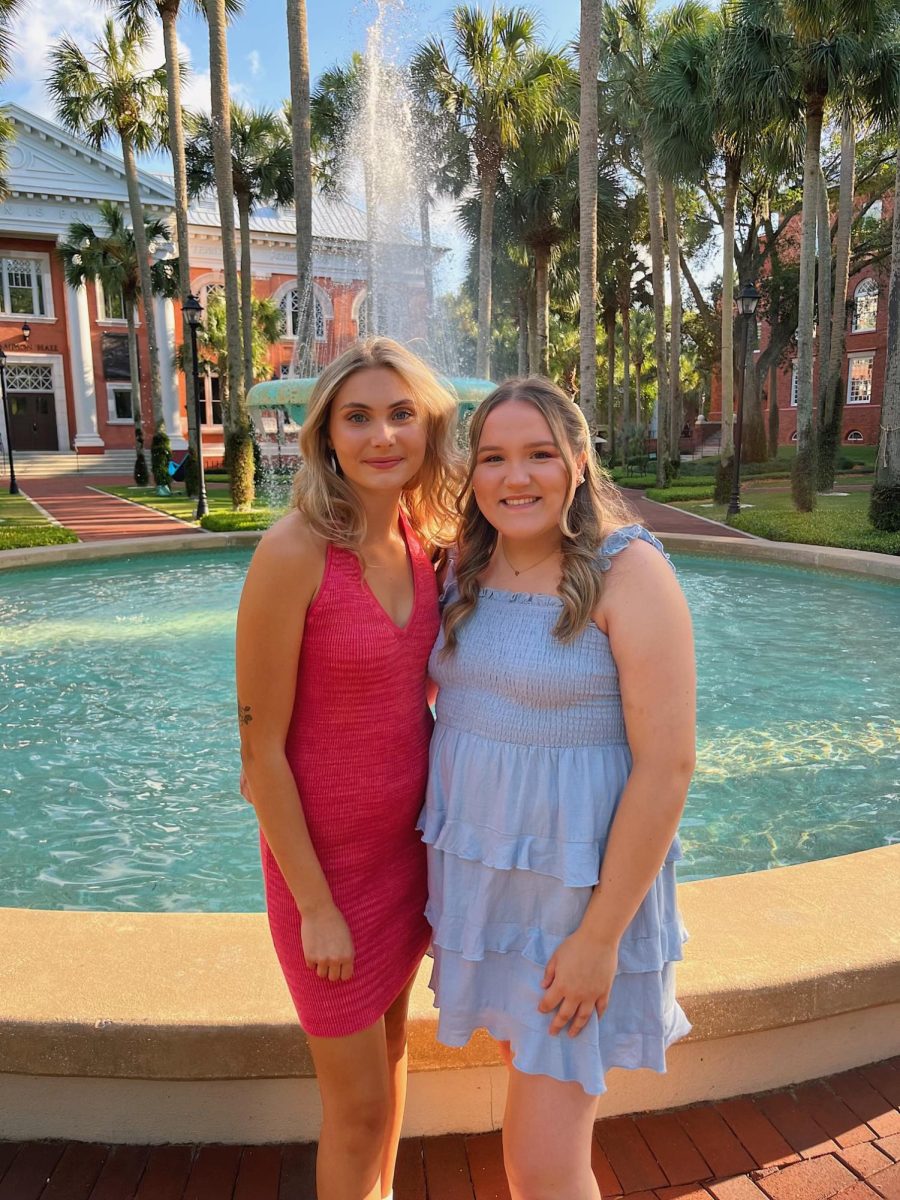The Right to Clean Water is about more than recreational activities. Enjoying Florida’s waters, whether kayaking in the St. Johns River or swimming in DeLeon Springs, is an essential element of the Floridian lifestyle. But these activities also hold political, economic, health and social concerns. The Right to Clean Water is a potential amendment to the Florida constitution that would protect Florida waters from pollution via the everchanging effects of climate change. Its goal is to give Floridians the fundamental right to clean and healthy waters.
Campaign integration Director for The Right to Clean Water Act Cheryl Rogers said, “If you’re concerned about your health personally and the health of others, [Florida’s water quality] is a huge issue.”
In short, what flows through Florida’s waterways ends up in our bodies. For example, Rogers explained the threats of blue-green algae, which is rapidly growing throughout Florida. According to Floridahealth.gov, this past summer there was a blue-green algae alert issued for several West Volusia lakes such as Pioneer and Louise Lakes in Deltona and Bonita Lake in DeBary.
Rogers said, “It’s an algal bloom.” He adds that whether or not it’s toxic “depends, there’s two different types.” One is absolutely toxic, and the other is bad, but not as toxic. Rogers patiently explained that the problem is you can’t look at it and tell what the difference is. It has to be tested, and then you wait two weeks for the results. And then you find out. Ultimately, exposure to toxic algae could lead to illness or be fatal to animals. Especially for humans participating in recreational activities, and can’t determine whether the algae is toxic or not. Just breathing the air of this algal bloom increases your risk for neurological diseases such as Alzheimers, ALS and Parkinsons by 25%.
Additionally, East Central Regional Coordinator for The Right to Clean Water, Jim Durocher, had to shut down his kayaking business due in part to the poor water quality from algal blooms. “We weren’t finding things to show people, we take people out on tours,” Durocher said. Durocher’s business began to struggle with decreasing wildlife populations. Twice in 2013, he came across a dead manatee while giving a tour. “Nothing’s worse than finding a dead manatee on a wildlife kayak tour,” Durocher said.
Both Rogers and Durocher gave the same piece of advice as to how Stetson Students can contribute to passing The Right to Clean Water amendment. The solution? Eighteen-year-old Environmental Science major by the name of Asher Sochaczewski ’27.
Growing up in Florida, Sochaczewski has spent a lot of time by the water. He’s seen firsthand the damage that has transpired due to unclean waters. Before coming to Stetson, he lived in Broward County, where he grew up watching the ripples of the river next to his home. “It’s really bad,” Sochaczewski said hesitantly, almost as though he could smell that same river here in DeLand. “I’ve worn KN95 masks in a car before. And I’ve smelled [phosphorus] through the windows through the mask. So that’s a big problem.”
Sochaczewski’s passion for environmental justice comes from his childhood experiences. He stated that he needs to know that a place he’s called home all his life actually cares about the environment, and will do something to help the environment. Sochaczewski collected 200,000 signatures in Broward and plans to continue to serve as an ambassador and collect more signatures at Stetson.
Stetson has a core value of environmental sustainability, as it houses the Institute for Water and Environmental Resilience, the Sandra Stetson Aquatic Center and the Sustainable Farming Fund. But Sochaczewski believes more can be done:
“I think that’s great,” Sochaczewski said. “But they could have more solar panels and compost.” Sochaczewski aims to get signatures from Stetson students to help contribute to limiting the university’s ecological footprint. “I am going to work with student orgs and go to events,” Sochaczewski said with the intent of collecting as many signatures as possible.
To fully integrate this amendment, 60% of Florida voters need to sign the petition, and that percentage is only rising. By signing the petition, you are not voting for it. You’re expressing your interest in learning more, and allowing the opportunity for democracy to decide whether it moves past the ballot. Some people may see this as a political issue, when in reality, it is an issue for all people.
To Durocher, young people are the key to getting the potential amendment passed. “I’m worn out. I’ve been fighting this battle since I was your age. And, you know, we need young people to step up.”
Sochaczewski is ready to step up, leading the charge for the youth. “I think it’s important that we really do everything we can to protect the environment because Florida right now . . . is hanging in the wrong direction for the environment,” Sochaczewski said gravely. “Our governor actually just vetoed money from the Inflation Reduction Act that would have went to energy rebates and would have helped us state but really, I’m just doing this like I said, because I care about the environment and I think . . . clean water is a really easy first step.”
***If you want to sign the petition, you can find Sochaczewski walking around campus. You can also sign the petition at FloridaRightToCleanWater.org. If you aren’t a registered voter in the state of Florida, you can still encourage your friends to take action. Additionally, The Right to Clean Water foundation is asking Stetson’s clubs to take some petitions and have their club members sign them.



